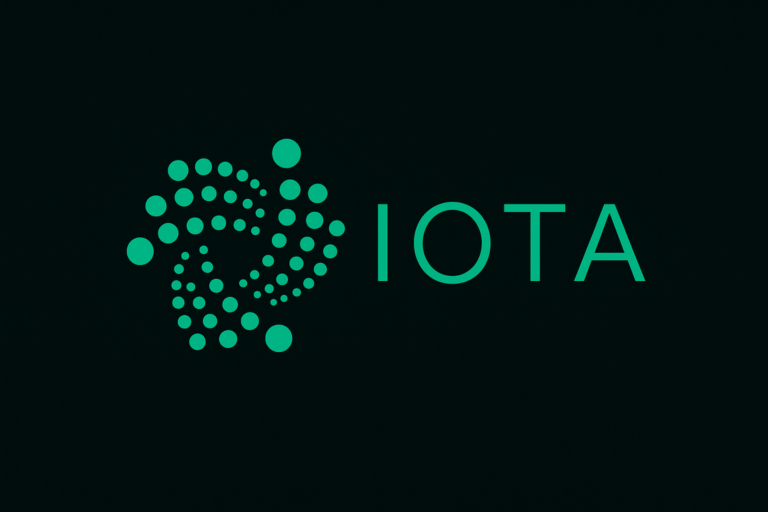
High rank military commanders and politicians authority people discussing strategy sitting at round table. Big war room world map. Conference hall, boardroom or meeting room. Flat vector illustration
In a powerful and deeply personal moment that captured the spirit of the Bitcoin 2025 conference, Ross Ulbricht—the man once synonymous with the Silk Road dark web marketplace—stood before a cheering crowd as a free man for the first time in over a decade. Released just months earlier thanks to a controversial presidential pardon, Ulbricht’s appearance marked both a personal milestone and a symbolic victory for a segment of the crypto community that had fought relentlessly for his freedom.
“I still wake up some days and forget I’m not behind bars,” Ulbricht admitted as he took the stage. “But then I remember—it’s real. I’m free. And it’s because of you.”
Ulbricht’s speech was filled with gratitude. He thanked the Bitcoin faithful who had never abandoned his cause during his 11 years in prison, crediting their advocacy, letters, fundraising, and sheer persistence for keeping his hope alive.
“You didn’t forget me when the world moved on,” he told the audience, his voice cracking with emotion. “When I was locked away, you raised your voices. You raised money. You wrote letters. You kept my name alive. You gave me strength.”
Ulbricht’s arrest in 2013 and subsequent sentencing in 2015 to two life terms plus 40 years without the possibility of parole became one of the most polarizing cases in crypto history. He had created the Silk Road marketplace—an online platform that allowed users to anonymously trade goods using Bitcoin, including illicit substances. While prosecutors painted him as a digital drug kingpin, many in the crypto community saw him as a symbol of the state’s overreach and a martyr for internet freedom.
That symbolism wasn’t lost on Ulbricht as he addressed the crowd in 2025. He described his release as nothing short of miraculous, noting the surreal experience of stepping back into a world transformed by drones, AI, VR—and an entirely different crypto landscape.
“I went into prison in 2013, and I swear it was like stepping out of a time capsule,” he said. “I’d never touched an AI app. I didn’t know how VR worked. Drones flying around felt like science fiction. And now, I’m standing in a future I never imagined I’d see.”
Ulbricht was released after former President Donald Trump granted him a full pardon on January 21, 2025—just one day after returning to office. The decision followed campaign promises that had garnered strong support from libertarian and pro-crypto voters.
“It took a man with the courage to follow through,” Ulbricht said, referring to Trump. “He said he’d free me, and he did. I’ll always be thankful for that.”
But his speech wasn’t just about looking back. Ulbricht used his platform to call for renewed focus on the values that brought the crypto community together in the first place: freedom, decentralization, and unity.
“In a world that’s moving faster than ever, with distractions around every corner, we have to hold on to what matters,” he urged. “If we lose those principles, we lose what made this movement powerful.”
He also warned against infighting within the crypto world. “Debate is healthy, disagreement is natural—but we are not enemies,” he emphasized. “The ones who fear freedom and decentralization thrive when we’re divided. So stay united. Have each other’s backs like you had mine.”
As the conference hall erupted in applause, it was clear that Ulbricht’s words had resonated. No longer just the face of a controversial past, he had returned as a symbol of resilience, transformation, and unwavering belief in the foundational ideals of the crypto revolution.
“Remember those three words,” he concluded. “Freedom, decentralization, unity. As long as we stay true to them, the future belongs to us.”




